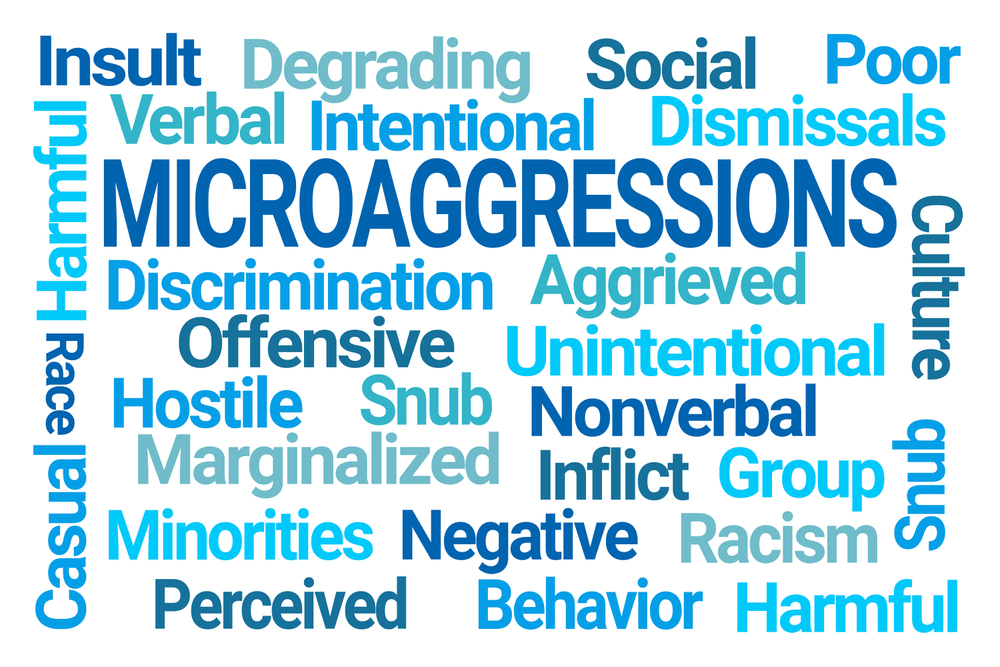Lately, it seems like everyone I talk to is determined to really get ahead on the career front. The Q&A below highlights some of those work-related questions you might ask yourself … and the answers you need.
 Q1. As a Career Coaching Psychologist, what types of clients do you work with the most?
Q1. As a Career Coaching Psychologist, what types of clients do you work with the most?
A1. First, my clientele is pretty diverse in terms of gender, cultural and religious backgrounds. Second, they tend to be in two general stages of life: younger aspiring professionals and more established professionals and leaders.
Q2. Why is that?
A2. I’ve heard from clients and I’ve seen for myself that there is a lack of access to decent jobs and fair pay. This happens even after someone has done all the ‘right things.’
Historically, ‘the right thing’ included earning a degree or diploma. Then, working their way up from lower-paying, entry-level positions. These are people who have high potential and don’t mind paying their dues.
The problem is that they just can’t seem to progress in their careers. They tend to go from short-term contract to short-term contract. No job stability or benefits. And consequently, no clear path forward. They feel nervous and stuck. In many cases, they don’t earn enough money to have the confidence to start families or buy homes.
Q3. Have you noticed any trends that contribute to these problems for your younger clients?
A3. It seems to me that some organizations downsize their older, more mature employees who earn higher salaries with benefits. Then they replace them with younger people who are just starting their careers. Finally, the younger people are willing to work very hard for much less money, on a contract or shorter-term basis.
As a result, this creates a two-pronged problem. One, the junior employees are run off their feet for less pay. Two, my more established clients feel pushed out or dismissed to make room for fresh, vibrant, flexible employees. This is basically an example of coded language used to exclude more mature, more expensive workers. (See this two-part blog post about jobs vs. self-employment for more experienced/older workers)
Q4. So, are more mature, established employees your second most common client?
A4. Yes, many people who are in their 40s and 50s feel that their job security is threatened by potential downsizing, dismissal or demotion. Additionally, there are also plenty of people in this age category or older who would like to continue to work for a while but they can’t stay in their current role for one reason or another. That’s why clients seek my help. It’s time for a different stage in their life, one that has job security and financial success. These clients sometimes have concerns related to ageism and how to work around it.
End of Q&A – don’t despair.
There are viable options for aspiring professionals and seasoned professionals too.
Finally, as structural and economic changes continue, I believe they will trigger a lot of personal re-evaluation and career changes. So, if you identify with the above Q&A, either as that discouraged college graduate or that disillusioned employee, watch this space. In the weeks ahead we will discuss this topic in more detail.
For the next two weeks, I’m excited to introduce Rebecca Page, Founder, and CEO of Concierge Home Services as my first guest blogger. More than 15 years ago, Rebecca successfully transitioned from employee to entrepreneur.
She’s never looked back.
Rebecca has a unique perspective since she’s also someone who successfully sells franchises. Younger people, those who want more than precarious temporary employment will learn from her insights. Established workers will be inspired by her professional journey and perspective as a franchisor.
Rebecca Page and the potential of franchising. Stay tuned for Part 1 and Part 2 of her series of posts.
Do you have career or HR-related questions? Contact me by email, phone, or via direct message on Twitter, Facebook, or LinkedIn.
More than career coaching, it’s career psychology®.
I/O Advisory Services – Building Resilient Careers and Organizations.™
Easily share this article using any of the social media icons below.




